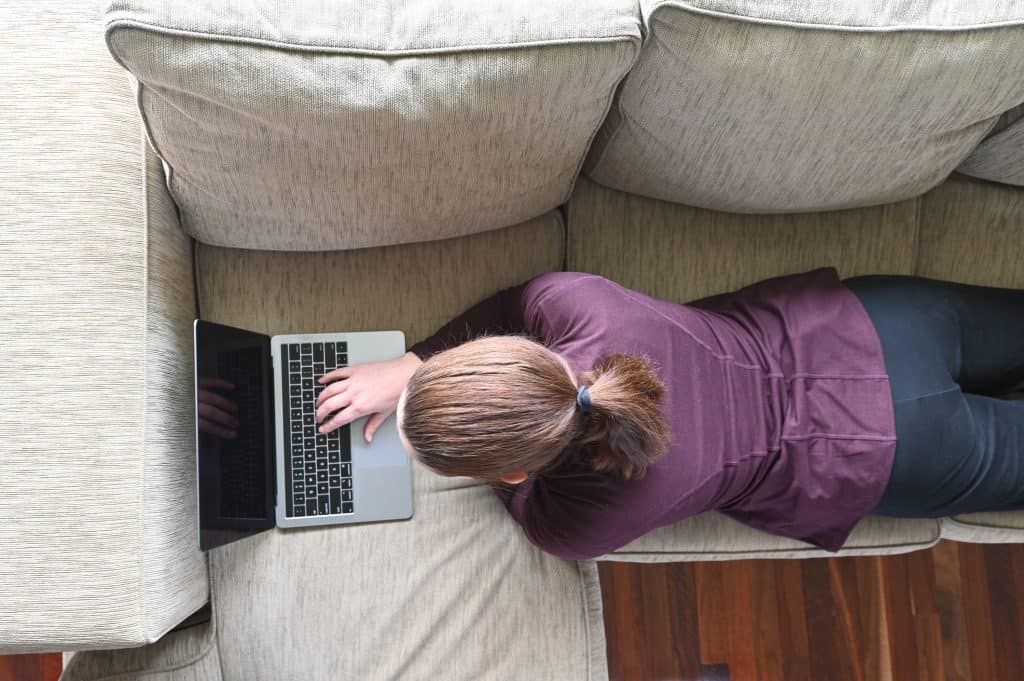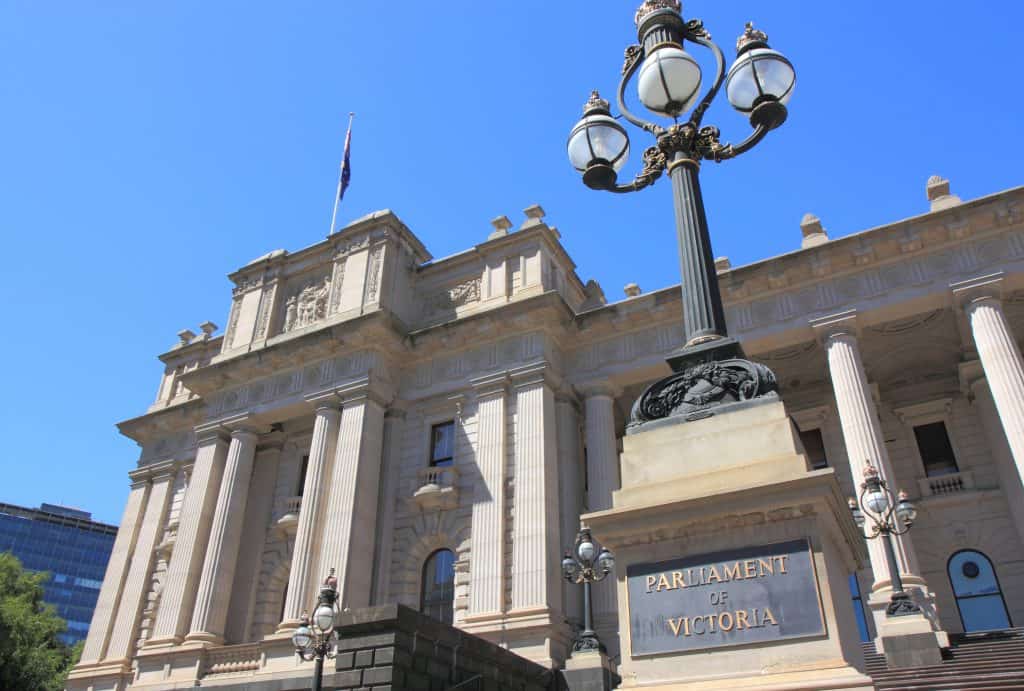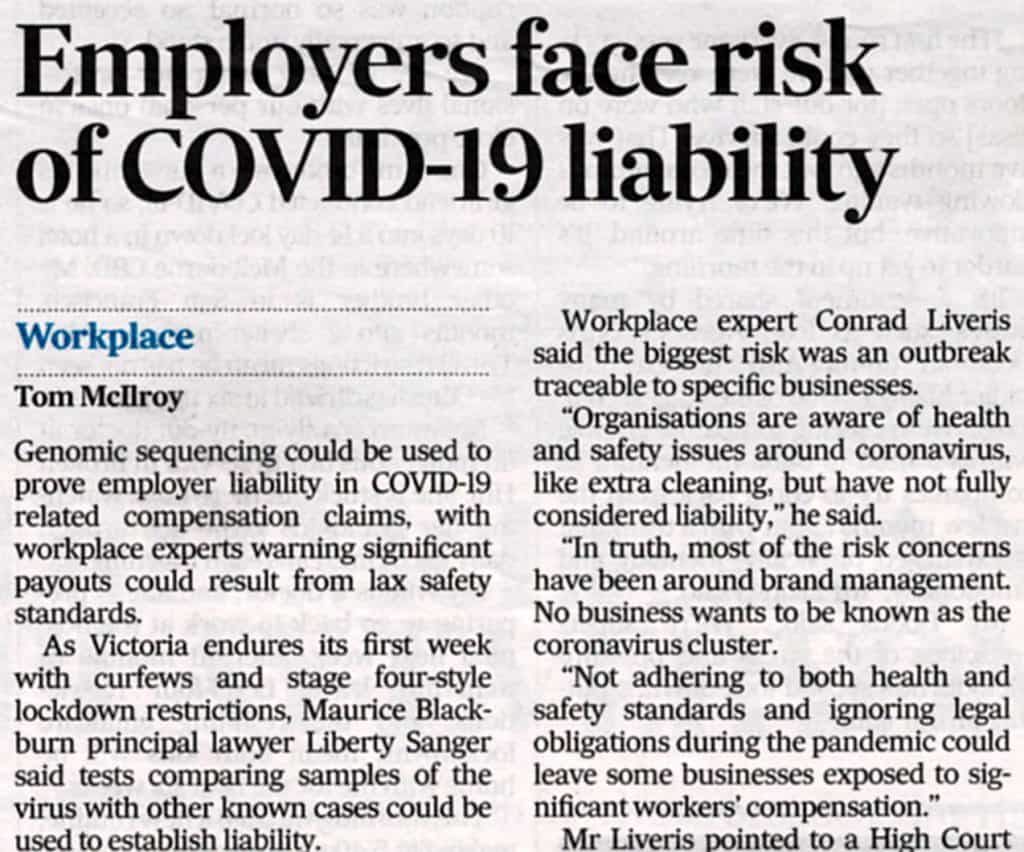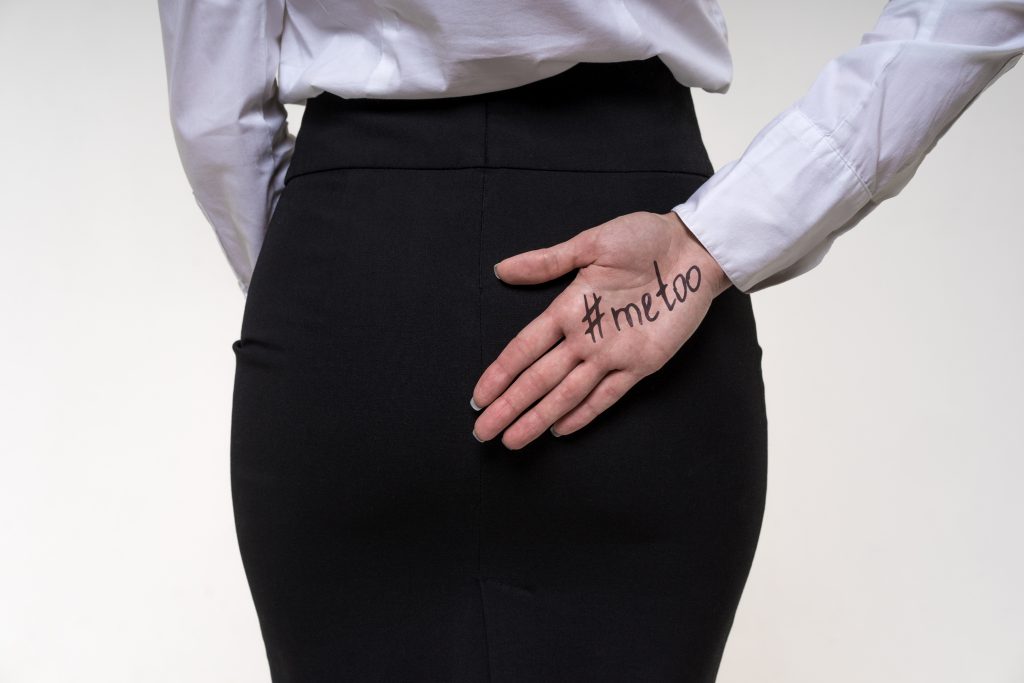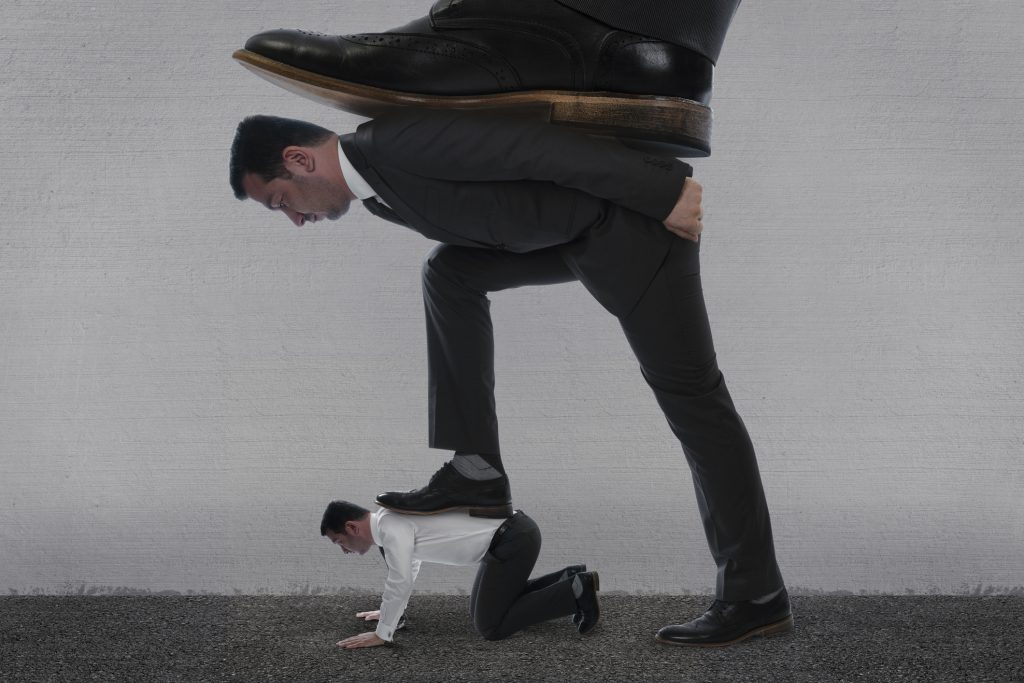
Last week’s article on the occupational health and safety (OHS) risks of Working From Home (WFH) reminded me of a report from late 2019 that I always meant to write about but forgot. In November 2019 the International Labour Organisation (ILO) released a report called Telework in the 21st century: An evolutionary perspective. It ‘s a collection of articles on teleworking from around the world and, although it is pre-COVID19, it remains fairly contemporary on telework and WFH practices and risks.

